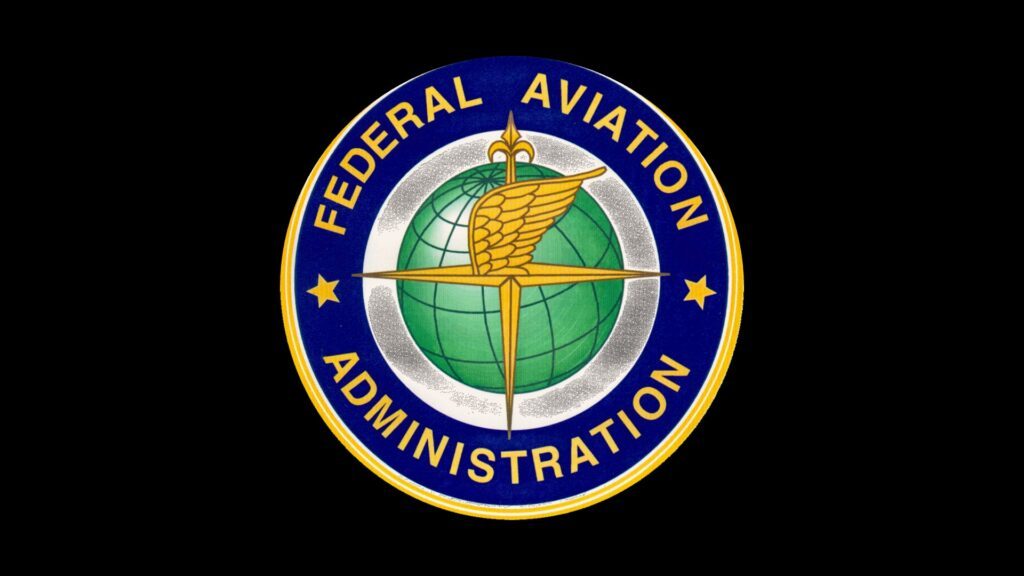Today, September 13, the FAA Remote ID deadline has been extended by 6 months. Drone operators will now have until March 16, 2024 to comply with the remote ID for drones regulations. Find the rule in the Code of Federal Regulations here: or at the FAA website here.
Continue reading below, or listen:
The FAA Remote ID deadline was originally set for September 16, 2023. By that date, drone operators were responsible for ensuring that their aircraft were compliant: either by using a drone equipped for Remote ID by the manufacturer, attaching an external broadcast Remote ID module, or flying only in a designated recreational area (FRIA.)
The Remote ID process has been subject to delays. The FAA did not publish the accepted means of compliance for Remote ID to the Federal Register until August 11, 2022, one month before the deadline for manufacturers to produce compliant platforms. The FAA then extended a notice of “discretionary enforcement” for manufacturers through December 16, 2022. That deadline applied to new products: many manufacturers have struggled to meet the operators deadline to update existing products for their user base. And, for many commercial operators utilizing aircraft that cannot or will not be updated by the manufacturer to be Remote ID compliant, modules have proved difficult to source: with supply chain challenges leading to 6 to 8 month delays in delivery in some cases.
At the Commercial UAV Expo last week, FAA officials reassured the audience that they would issue relief from the looming deadline: but gave little indication as to what form the relief would take. The extension comes as welcome news to pilots who were willing but unable to comply with the regulations, and faced the choice of ceasing operations or operating illegally.
The FAA announcement:
Drone pilots who are unable to comply with the broadcast requirement of the Remote ID Rule will now have until March 16, 2024, to equip their aircraft. After that date, operators could face fines and suspension or revocation of pilot certificates.
In making this decision, the FAA recognizes the unanticipated issues that some operators are experiencing finding some remote identification broadcast modules.
Drone pilots can meet this deadline by purchasing a standard Remote ID equipped drone from a manufacturer or purchasing a Remote ID broadcast module which can be affixed to existing drones that do not have Remote ID equipment.
Remote ID acts like a digital license plate and will help the FAA, law enforcement, and other federal agencies find the control station when a drone appears to be flying in an unsafe manner or where it is not allowed to fly.
On behalf of the Association for Uncrewed Vehicle Systems International (AUVSI), Chief Advocacy Officer Michael Robbins issued the following statement about the Remote ID deadline extension:
“The FAA has estimated that the number of recreational and hobbyist, non-commercial drones will reach 1.48 million by 2024. Further, drones are increasingly used as industrial tools and for public safety, saving lives and money, and enhancing safety and security. In an increasingly busy airspace, the needs of airspace stakeholders must be harmonized with those of law enforcement agencies.
FAA’s Remote ID rule appropriately advances drone integration in a way that increases safety for all airspace users. The final rule has been subject to a lengthy rulemaking process, open comment periods, publication of Means of Compliance, judicial review, and extended deadlines.
AUVSI urges drone operators to comply with Remote ID requirements as quickly as possible and for the FAA to swiftly implement all agency rulemaking. Remote ID is necessary to ensure the continued expansion of scalable and secure drone operations in the national airspace system – which will bring significant benefits to the American public and businesses.”
Read more:
Miriam McNabb is the Editor-in-Chief of DRONELIFE and CEO of JobForDrones, a professional drone services marketplace, and a fascinated observer of the emerging drone industry and the regulatory environment for drones. Miriam has penned over 3,000 articles focused on the commercial drone space and is an international speaker and recognized figure in the industry. Miriam has a degree from the University of Chicago and over 20 years of experience in high tech sales and marketing for new technologies.For drone industry consulting or writing, Email Miriam.
TWITTER:@spaldingbarker
Subscribe to DroneLife here.

